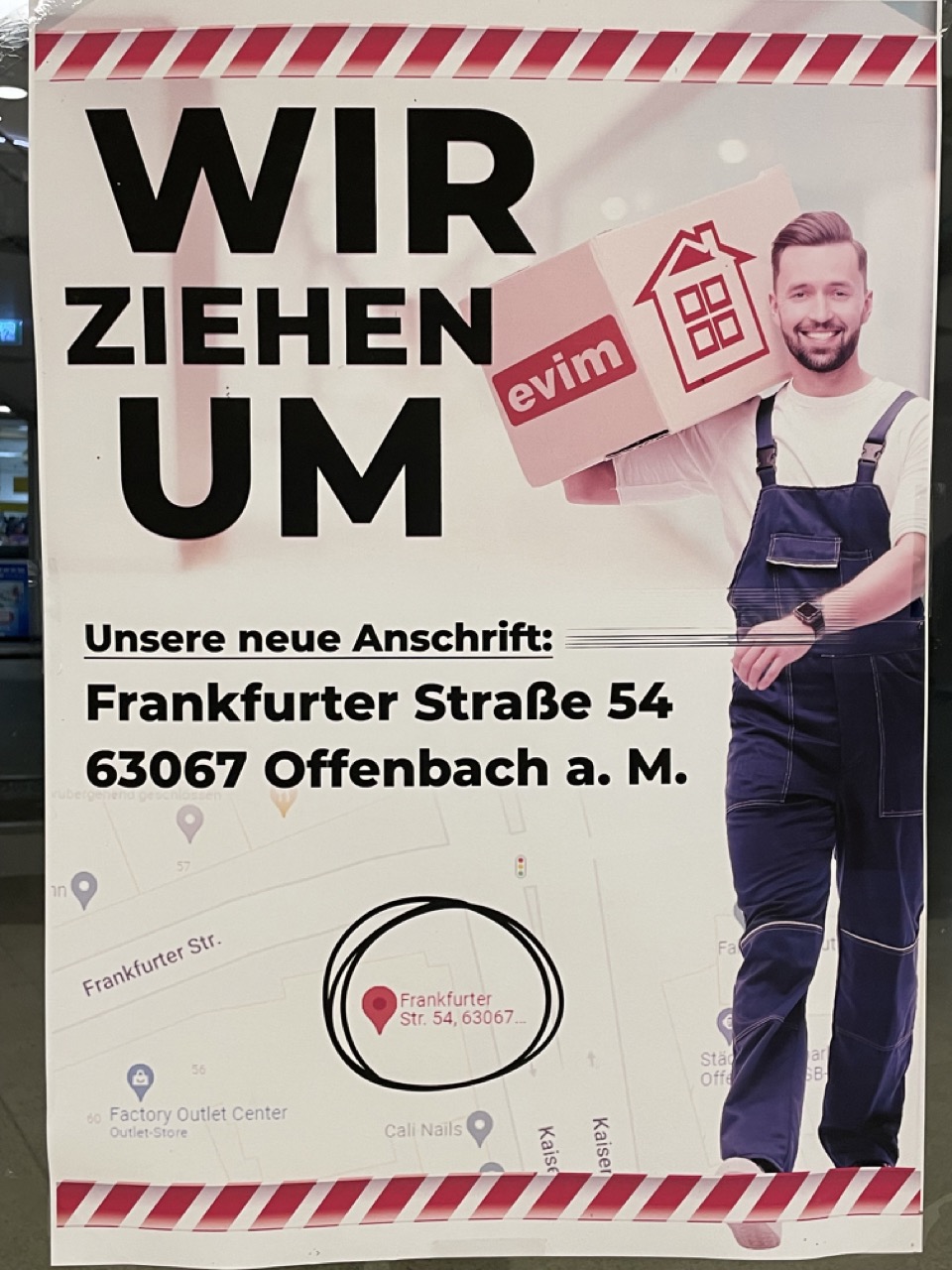Learning single words is dangerous
I once had a non-native English speaker say to me:
You need to put the T-shirt.
This conversation didn’t take place in a clothing store. We were not doing laundry either. It was in a place of worship.
Finally, after pondering for a few seconds, I figured it out. What the person was trying to say was:
You need to wear a T-shirt underneath your shirt.
I hadn’t noticed, but my white dress shirt was more transparent that I thought it was.
For someone who hasn’t mastered English, the word put is like a loaded gun in the hands of a child. Why? Because in every language, we usually don’t speak using isolated, single words. Like German, many times a verb like put needs a preposition like (e.g., on or in) for it to make any sense at all:
-
You need to put a T-shirt on. (wear)
-
Put the T-shirt in the bottom drawer. (relocate/move/deposit)
-
She’s not going to put up with your laziness anymore. (accept/endure bad behavior)
-
Don’t put off until tomorrow what you can do today. (delay/avoid)
-
I felt put off by her. (disturbed, perturbed, irritated, upset)
-
He’s always trying to put her down. (criticize, disrespect)
Image how difficult German would be if every word had 5 or more unrelated meanings like the English word put!
In some of these examples, put is used as a phrasal verb. That means when it’s combined one or more prepositions (on, up, with, off, down as seen in the examples above), it becomes a completely new vocabulary item that has nothing at all to do with its single-word verb form.
Like English, German makes heavy use of phrasal verbs. You will need to learn the phrasal verb forms separately, as if they have no relationship with their root verb forms.
ziehen
This is the root verb in the following examples to demonstrate how learning German from phrases or complete sentences is more natural, and thus easier.
ziehen … um

Moving/relocating residences:
-
Wir ziehen um. We’re moving.
-
Er zieht nach Hamburg. He’s moving to Hamburg.
-
Ich muss umziehen. I have to move (find another apartment/flat).
-
Ich wusste nicht, dass sie umgezogen ist. I didn’t know she moved.
ziehen sich … an/um
Getting dressed or changing clothes:
-
Sie zieht sich etwas feierliches an. She’s going to put on something formal.
-
Ich muss mich umziehen. I have to change (clothes).
-
Ich ziehe mich schnell um. I’ll change quickly.
-
Zieh dir eine Jacke an! Put on a jacket! (informal)
-
Ziehen Sie sich eine Jacke an! Put on a jacket! (formal)
ziehen … auf
To raise/nurture/provide for (children)
-
Sie zieht zwei Kinder allein auf. She is raising two children by herself.
-
Wir haben drei Kinder aufgezogen. We raised three children.
